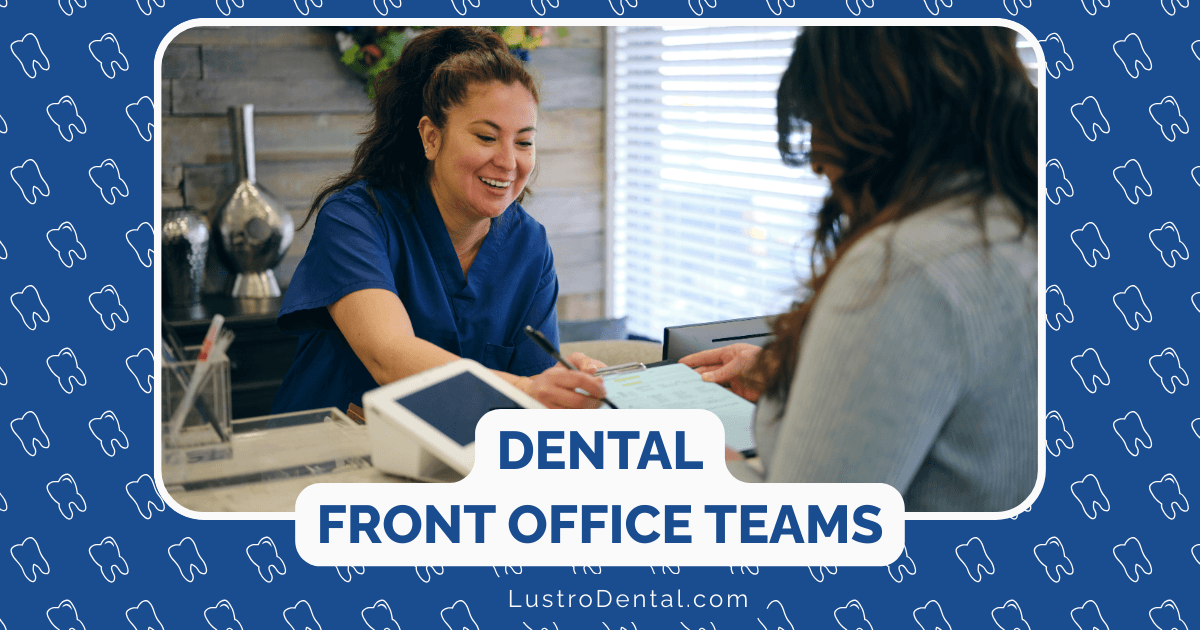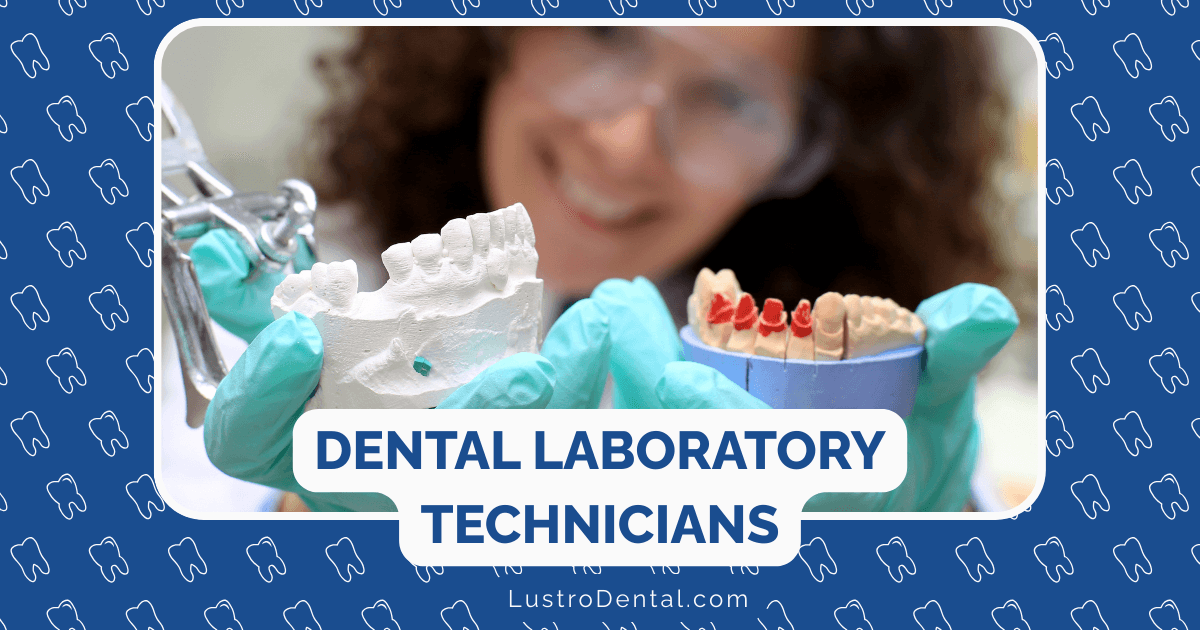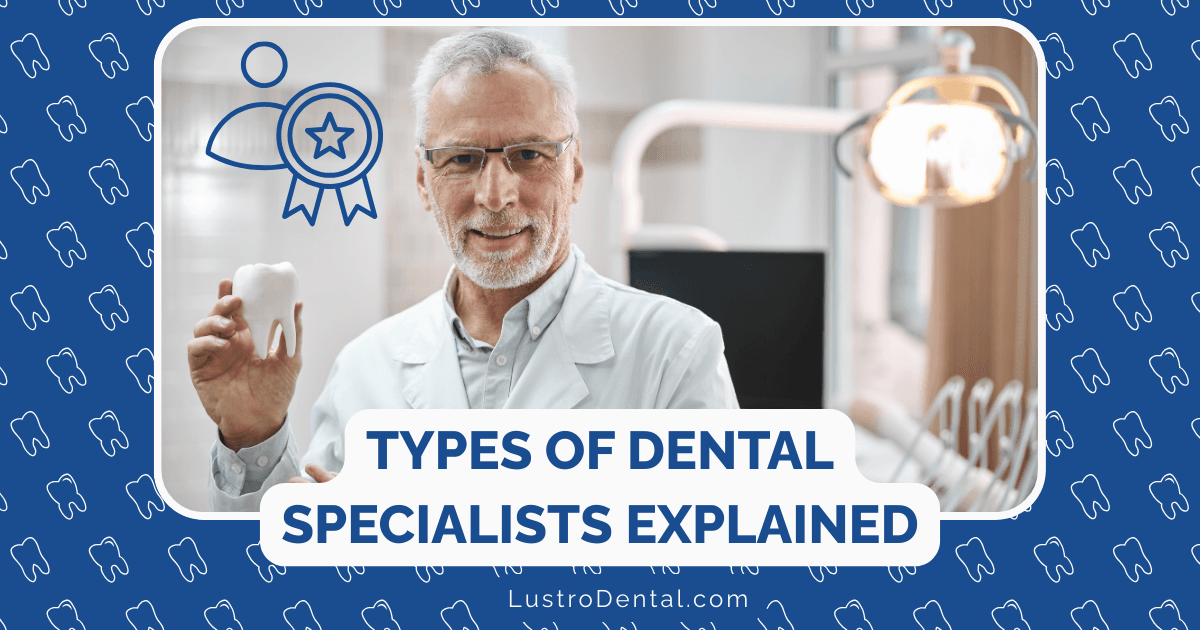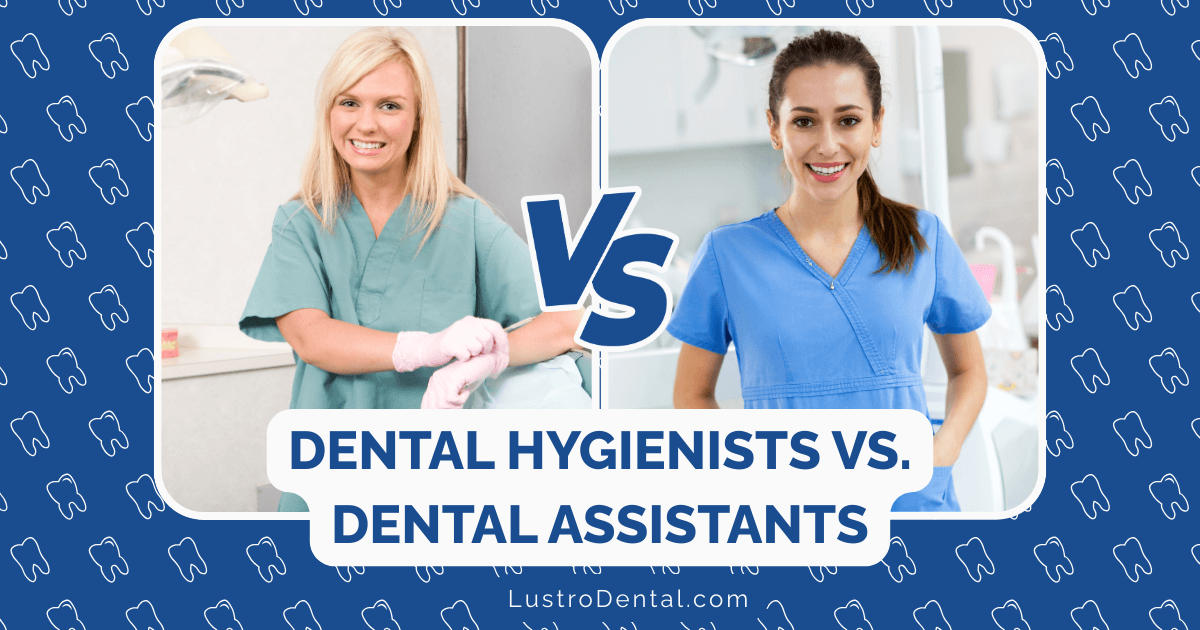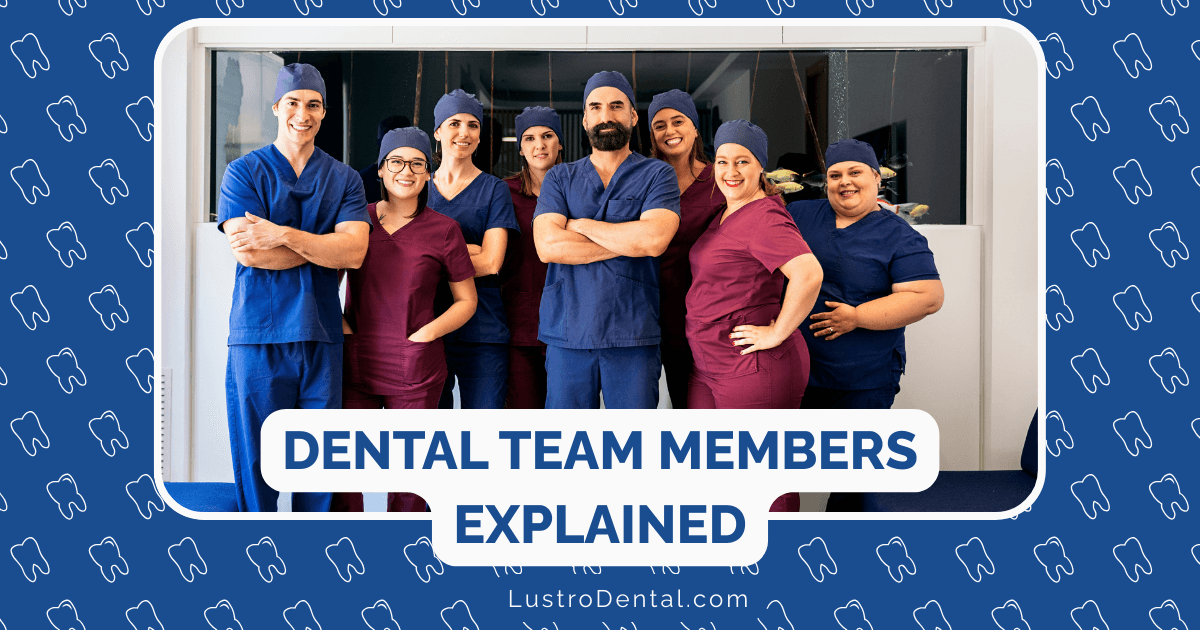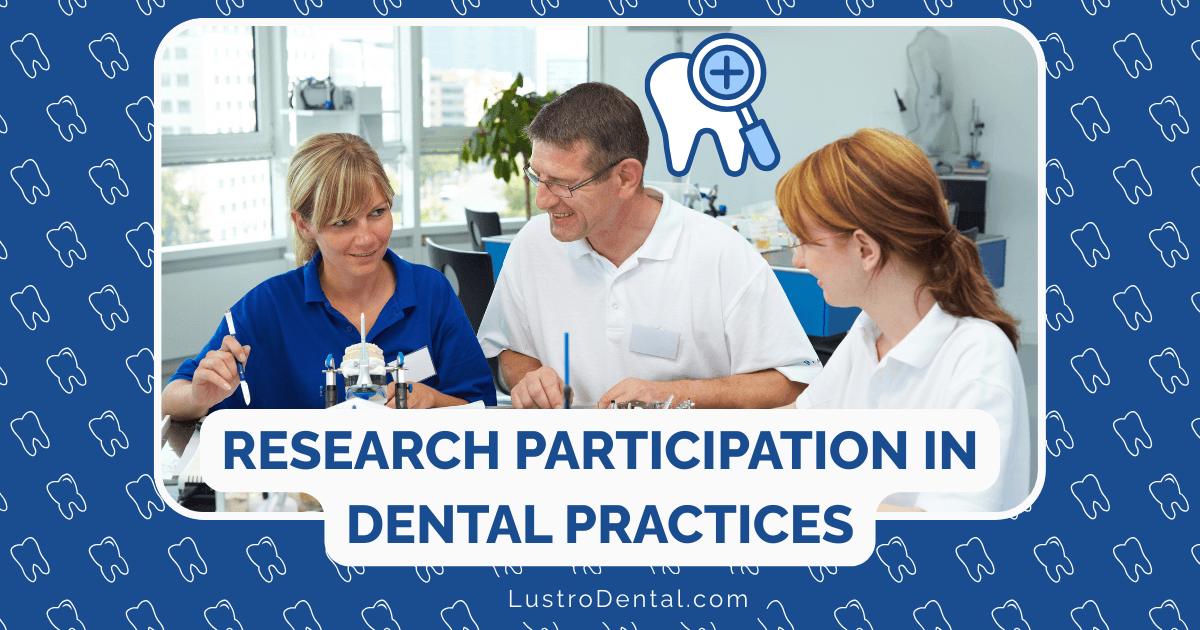Specialty Training and Certifications: What They Mean for Patients
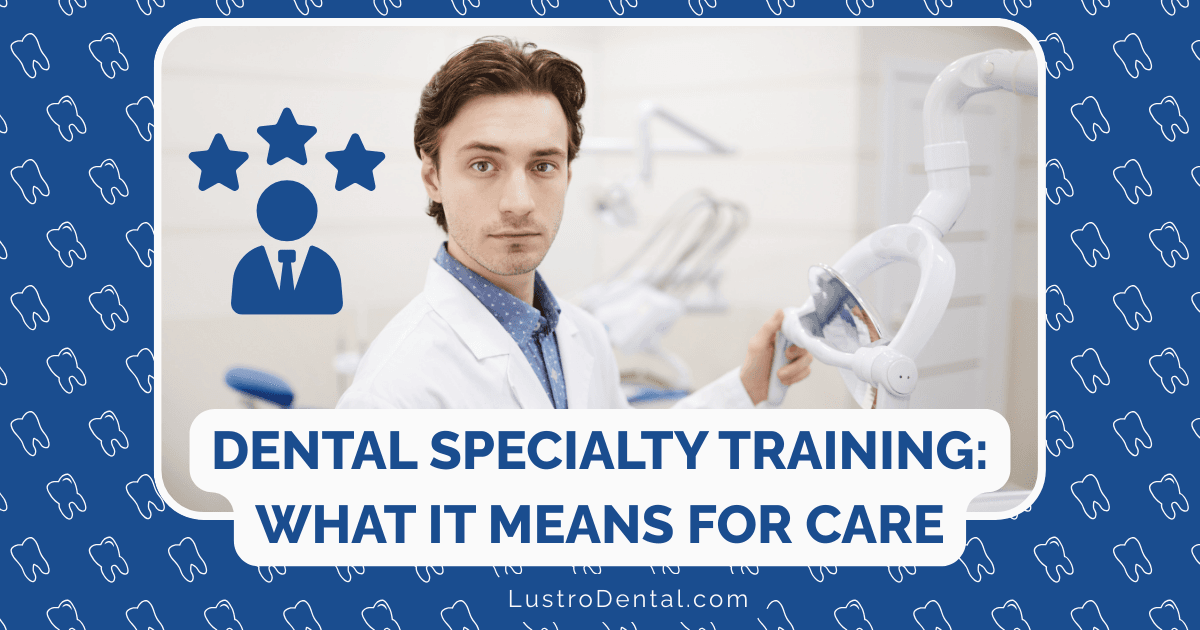
When seeking dental care, you may have noticed an array of credentials following your provider’s name—DDS, DMD, FAGD, Diplomate, or Board Certified—but what do these designations actually signify? More importantly, how do they impact the quality of care you receive?
In the complex landscape of dental credentials, understanding the difference between basic qualifications and advanced specialty training can help you make more informed decisions about your oral healthcare. This comprehensive guide will demystify dental specialty training and certifications, explaining what they mean and why they matter to you as a patient.
The Foundation: General Dental Education
Before exploring specialized training, it’s important to understand the baseline education all dentists receive:
Doctor of Dental Surgery (DDS) or Doctor of Dental Medicine (DMD)
These are the primary professional degrees in dentistry, and despite the different names, they represent equivalent education and training. Both require:
- A minimum of three years of undergraduate education (most complete a four-year bachelor’s degree)
- Four years of dental school
- Successful completion of national written examinations
- Passing state or regional clinical licensing exams
According to the American Dental Association (ADA), “The DDS and DMD degrees are equivalent in terms of rigor and curriculum. The difference in terminology is simply a matter of institutional preference.”
This foundational education qualifies a dentist to perform general procedures such as:
- Diagnostic examinations and X-rays
- Preventive care
- Fillings and basic restorations
- Simple extractions
- Non-surgical periodontal treatment
- Basic crown and bridge work
While this training is comprehensive, it represents just the beginning of a dentist’s potential educational journey.
Recognized Dental Specialties: Advanced Training Beyond General Practice
For dentists who wish to focus on a specific area of practice, post-doctoral specialty education provides advanced training. As of 2025, the National Commission on Recognition of Dental Specialties and Certifying Boards (NCRDSCB) recognizes 12 dental specialties:
1. Dental Anesthesiology
Focus: Advanced pain and anxiety management during dental procedures
Training: Minimum 3-year residency after dental school
Patient Benefits:
- Enhanced comfort during complex procedures
- Safer sedation options for anxious patients
- Specialized care for patients with medical complications
- Reduced risk during sedation and anesthesia
When You Might Need One: If you experience severe dental anxiety, require complex surgical procedures, or have medical conditions that complicate pain management.
2. Dental Public Health
Focus: Prevention and control of dental diseases on a community-wide basis
Training: Minimum 2-year residency after dental school
Patient Benefits:
- Development of community-based preventive programs
- Advocacy for improved access to dental care
- Research that shapes public health policies affecting oral health
- Education on population-level oral health issues
When You Might Need One: You may not directly seek treatment from these specialists, but their work influences public health initiatives, school-based dental programs, and community water fluoridation that benefit everyone.
3. Endodontics
Focus: Diagnosis and treatment of diseases and injuries affecting dental pulp and periradicular tissues
Training: Minimum 2-year residency after dental school
Patient Benefits:
- Advanced expertise in root canal procedures
- Higher success rates for complex cases
- Better pain management during and after treatment
- Specialized equipment and techniques for challenging cases
When You Might Need One: If you require a root canal on a tooth with complex anatomy, need retreatment of a failed root canal, or experience dental trauma affecting the pulp.
4. Oral and Maxillofacial Pathology
Focus: Diagnosis and management of diseases affecting the oral and maxillofacial regions
Training: Minimum 3-year residency after dental school
Patient Benefits:
- Expert diagnosis of oral lesions and conditions
- Specialized knowledge of rare oral diseases
- Advanced laboratory analysis of biopsied tissues
- Comprehensive management of oral manifestations of systemic diseases
When You Might Need One: If you have an unusual growth, persistent sore, or suspicious lesion in your mouth that requires biopsy and diagnosis.
5. Oral and Maxillofacial Radiology
Focus: Production and interpretation of images for diagnosing diseases in the oral and maxillofacial region
Training: Minimum 2-year residency after dental school
Patient Benefits:
- Expert interpretation of complex imaging studies
- Advanced imaging techniques beyond standard X-rays
- Reduced radiation exposure through optimized imaging protocols
- Precise diagnostic information for treatment planning
When You Might Need One: If you require specialized imaging such as cone-beam CT scans, MRI, or ultrasound for complex dental or facial conditions.
6. Oral and Maxillofacial Surgery
Focus: Surgical treatment of diseases, injuries, and defects of the oral and maxillofacial regions
Training: Minimum 4-6 year residency after dental school (may include medical school)
Patient Benefits:
- Expertise in complex extractions, including impacted wisdom teeth
- Advanced training in dental implant placement
- Surgical correction of jaw abnormalities
- Treatment of facial trauma and temporomandibular joint disorders
- Management of oral and facial pathology
When You Might Need One: If you require wisdom tooth removal, dental implants, jaw surgery, facial reconstruction, or treatment for facial pain disorders.
7. Oral Medicine
Focus: Diagnosis and management of oral conditions in medically complex patients
Training: Minimum 2-year residency after dental school
Patient Benefits:
- Specialized care for patients with chronic medical conditions
- Expert management of oral manifestations of systemic diseases
- Coordinated care with medical specialists
- Advanced diagnostic capabilities for complex oral conditions
When You Might Need One: If you have autoimmune disorders affecting the mouth, oral complications of cancer treatment, salivary gland disorders, or require dental care while managing multiple medical conditions.
8. Orofacial Pain
Focus: Assessment, diagnosis, and management of pain disorders of the jaw, mouth, face, head, and neck
Training: Minimum 2-year residency after dental school
Patient Benefits:
- Specialized treatment for chronic facial pain
- Comprehensive management of temporomandibular disorders (TMD)
- Expert diagnosis of neuropathic pain conditions
- Multidisciplinary approach to complex pain disorders
When You Might Need One: If you experience chronic jaw pain, headaches related to oral structures, neuropathic facial pain, or sleep-related breathing disorders.
9. Orthodontics and Dentofacial Orthopedics
Focus: Diagnosis, prevention, and correction of malpositioned teeth and jaws
Training: Minimum 2-3 year residency after dental school
Patient Benefits:
- Expert alignment of teeth and jaws for optimal function and aesthetics
- Specialized knowledge of facial growth and development
- Advanced techniques for complex bite problems
- Treatment options ranging from traditional braces to clear aligners
When You Might Need One: If you require correction of crowded or misaligned teeth, have jaw growth abnormalities, or seek treatment for malocclusion (improper bite).
10. Pediatric Dentistry
Focus: Comprehensive oral health care for infants, children, and adolescents, including those with special needs
Training: Minimum 2-year residency after dental school
Patient Benefits:
- Age-appropriate preventive and therapeutic care
- Specialized behavior management techniques
- Expertise in dental development and growth
- Advanced training in treating children with medical, developmental, or behavioral challenges
When You Might Need One: For children under 18, especially those with complex medical conditions, developmental disorders, or severe dental anxiety.
11. Periodontics
Focus: Prevention, diagnosis, and treatment of diseases affecting the supporting structures of teeth
Training: Minimum 3-year residency after dental school
Patient Benefits:
- Advanced treatment of gum disease
- Expertise in dental implant placement
- Specialized surgical techniques for gum and bone regeneration
- Comprehensive management of peri-implant diseases
When You Might Need One: If you have moderate to severe gum disease, require gum grafting, need bone regeneration, or are considering dental implants.
12. Prosthodontics
Focus: Diagnosis, treatment planning, rehabilitation, and maintenance of oral function and aesthetics
Training: Minimum 3-year residency after dental school
Patient Benefits:
- Expert creation of complex dental prosthetics
- Comprehensive full-mouth rehabilitation
- Advanced aesthetic restorations
- Specialized care for patients with congenital or acquired facial defects
When You Might Need One: If you need multiple missing teeth replaced, require full-mouth reconstruction, have worn dentition requiring rehabilitation, or need maxillofacial prosthetics following cancer surgery or trauma.
Board Certification: The Gold Standard in Specialty Practice
While completing a specialty residency qualifies a dentist to practice in that specialty, board certification represents an additional, voluntary step that demonstrates exceptional knowledge and skill.
The Board Certification Process
For each recognized specialty, a national certifying board establishes and maintains standards for certification. The process typically includes:
- Verification of Credentials: Confirming completion of an accredited specialty program
- Written Examination: Testing comprehensive knowledge of the specialty
- Clinical Examination: Evaluating actual patient care or case presentations
- Oral Examination: Assessing clinical judgment and decision-making
- Continuing Certification: Periodic renewal requirements to ensure ongoing competence
According to the American Board of Dental Specialties, “Board certification is a significant achievement beyond licensure and represents a dentist’s commitment to excellence in their specialty area.”
What Board Certification Means for Patients
When your specialist is board-certified (often indicated by terms like “Diplomate” or “Board Certified”), you can expect:
- Verified Expertise: They have demonstrated knowledge and skills that meet national standards
- Commitment to Excellence: They have voluntarily pursued certification beyond minimum requirements
- Current Knowledge: Many certifications require periodic renewal and continuing education
- Ethical Practice: Board certification often includes adherence to professional ethical standards
Dr. James Wilson, past president of the American Board of Prosthodontics, notes: “Board certification represents a specialist’s commitment to providing the highest level of patient care. It’s a rigorous process that ensures the dentist has not only completed specialty training but has demonstrated mastery of that specialty’s knowledge and skills.”
Beyond Recognized Specialties: Other Advanced Credentials
In addition to the 12 recognized specialties, dentists may pursue other advanced credentials that demonstrate commitment to excellence in specific areas of practice.
Fellowship and Mastership in the Academy of General Dentistry (FAGD/MAGD)
These designations indicate significant continuing education beyond dental school for general dentists:
- Fellowship (FAGD): Requires 500 hours of continuing education and passing a comprehensive examination
- Mastership (MAGD): Requires 1,100 hours of continuing education with specific requirements in various disciplines
According to the Academy of General Dentistry, less than 2% of dentists in the United States have achieved MAGD status, making it a significant distinction for general practitioners.
International Congress of Oral Implantologists (ICOI) Credentials
For dentists focusing on implant dentistry, ICOI offers three levels of certification:
- Fellowship (FICOI): Requires 100+ hours of implant education and documentation of 20+ implant cases
- Mastership (MICOI): Requires additional education and more complex case documentation
- Diplomate (DICOI): The highest level, requiring extensive education and case documentation
These credentials specifically indicate advanced training and experience in dental implant procedures.
Other Meaningful Credentials
Dentists may also hold:
- Advanced academic degrees: MS (Master of Science), MSD (Master of Science in Dentistry), or PhD, indicating research-focused education
- Fellowship in professional organizations: Such as the American College of Dentists (FACD) or International College of Dentists (FICD), which recognize ethical leadership and professional achievement
- Certification in specific techniques: Such as Invisalign certification or laser dentistry certification
How to Verify a Dentist’s Credentials and Specialty Status
As a patient, you have the right to know your provider’s qualifications. Here’s how to verify credentials:
1. Ask Directly
Most dentists are proud of their educational achievements and will gladly discuss their training. Consider asking:
- “What is your educational background and training?”
- “Are you a specialist, and if so, in what field?”
- “Are you board-certified in your specialty?”
2. Check Official Websites
You can verify board certification through:
- The specific specialty board’s website (e.g., American Board of Orthodontics)
- Your state’s dental licensing board
- The American Dental Association’s directory
3. Look for Displayed Credentials
In the office, look for:
- Diplomas and certificates on display
- Board certification plaques
- Specialty licenses (required in some states)
Making Informed Decisions: When to Choose a Specialist
Understanding dental specialties helps you make informed decisions about your care. Consider seeking a specialist when:
1. Your Case Involves Complex Issues
If your condition is unusual, severe, or complicated, a specialist’s advanced training may be beneficial.
2. Your General Dentist Recommends It
Ethical general dentists refer patients to specialists when cases exceed their training or comfort level.
3. Previous Treatment Has Been Unsuccessful
If initial treatment hasn’t resolved your issue, a specialist may offer alternative approaches.
4. You Have Specific Medical Considerations
Certain medical conditions may require the expertise of specialists who have additional training in managing medically complex patients.
The Collaborative Approach: Specialists Working with General Dentists
Modern dentistry often involves a team approach, with specialists and general dentists collaborating for comprehensive care.
The General Dentist as Care Coordinator
Your general dentist typically serves as your primary dental provider, coordinating with specialists as needed. This collaboration ensures:
- Comprehensive treatment planning
- Continuity of care
- Efficient communication between providers
- Coordinated timing of procedures
Dr. Sarah Johnson, a prosthodontist and educator, explains: “The relationship between general dentists and specialists is synergistic. General dentists provide essential ongoing care and identify when specialized expertise is needed, while specialists offer advanced training for specific complex procedures. Together, they provide patients with optimal outcomes.”
The Future of Dental Specialization
The field of dental specialization continues to evolve, with several notable trends:
Increasing Subspecialization
Within recognized specialties, dentists are further subspecializing in areas like:
- Microsurgical endodontics
- Implant prosthodontics
- Cosmetic periodontics
- Sleep dentistry
Technology-Driven Specialization
Advanced technologies are creating new areas of expertise:
- Digital smile design
- Guided implant surgery
- 3D-printed prosthetics
- AI-assisted diagnostics
Interdisciplinary Approaches
The boundaries between specialties are becoming more fluid, with increasing collaboration on complex cases requiring multiple specialized skills.
Conclusion: Empowered Patients Make Better Choices
Understanding dental specialty training and certifications empowers you to:
- Ask informed questions about your provider’s qualifications
- Recognize when specialized care might benefit your specific situation
- Appreciate the value of advanced training and certification
- Participate actively in decisions about referrals to specialists
The extensive training and rigorous certification processes that dental specialists undergo translate directly to better patient outcomes. Whether you’re seeking routine care from a highly trained general dentist or specialized treatment for a complex condition, knowing what those credentials after your dentist’s name actually mean helps you make confident, informed decisions about your oral health care.
Remember, the best dental care often comes from providers who not only have appropriate credentials but also communicate clearly, listen to your concerns, and involve you in treatment decisions. Credentials matter, but the provider-patient relationship remains at the heart of quality dental care.


